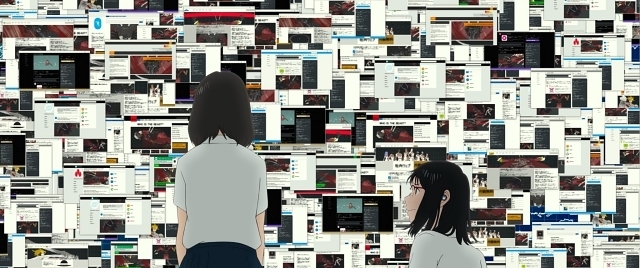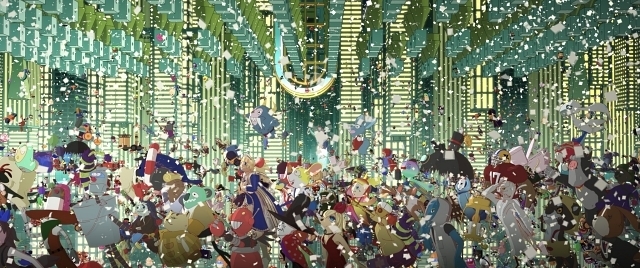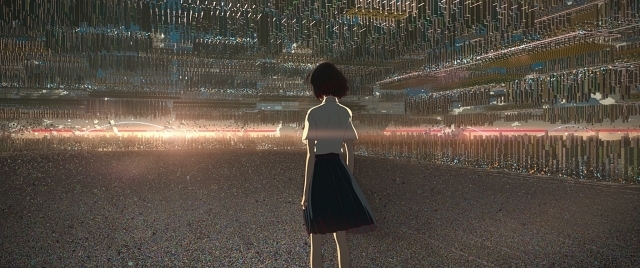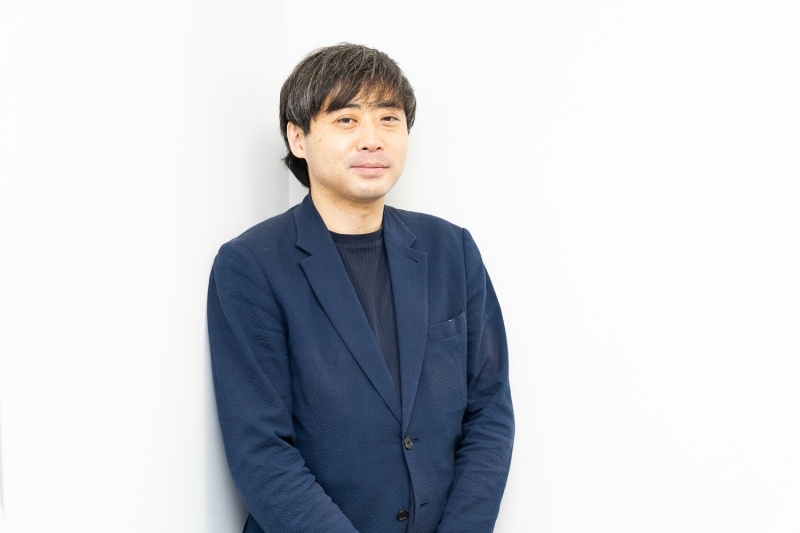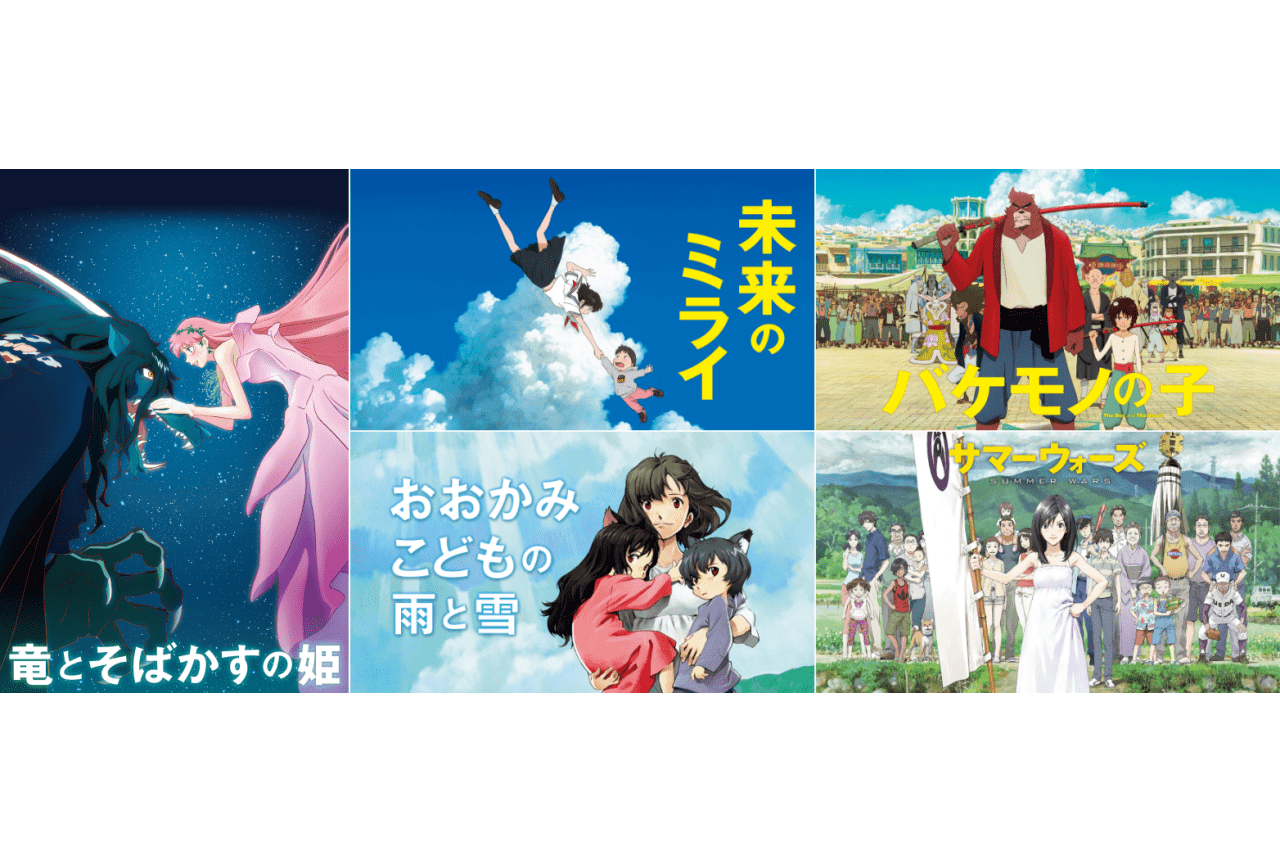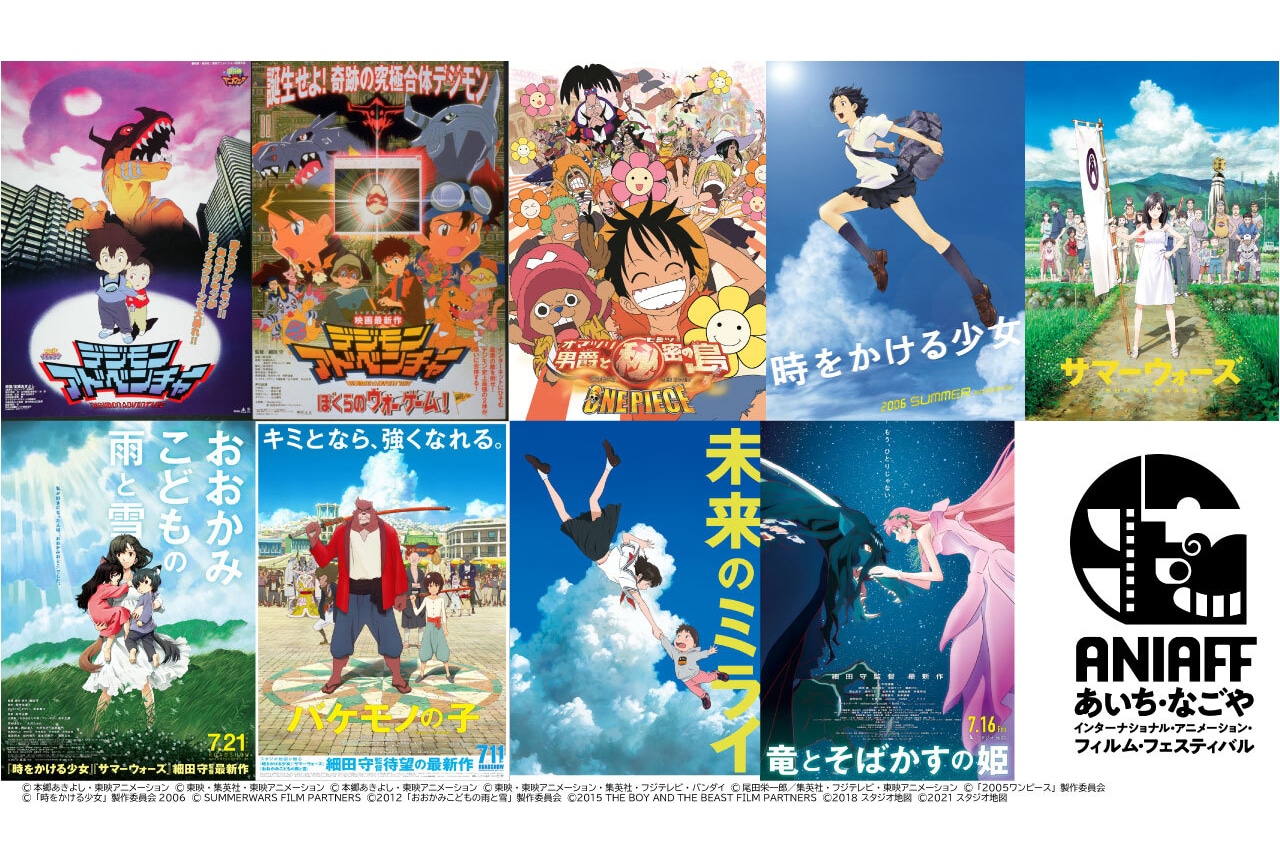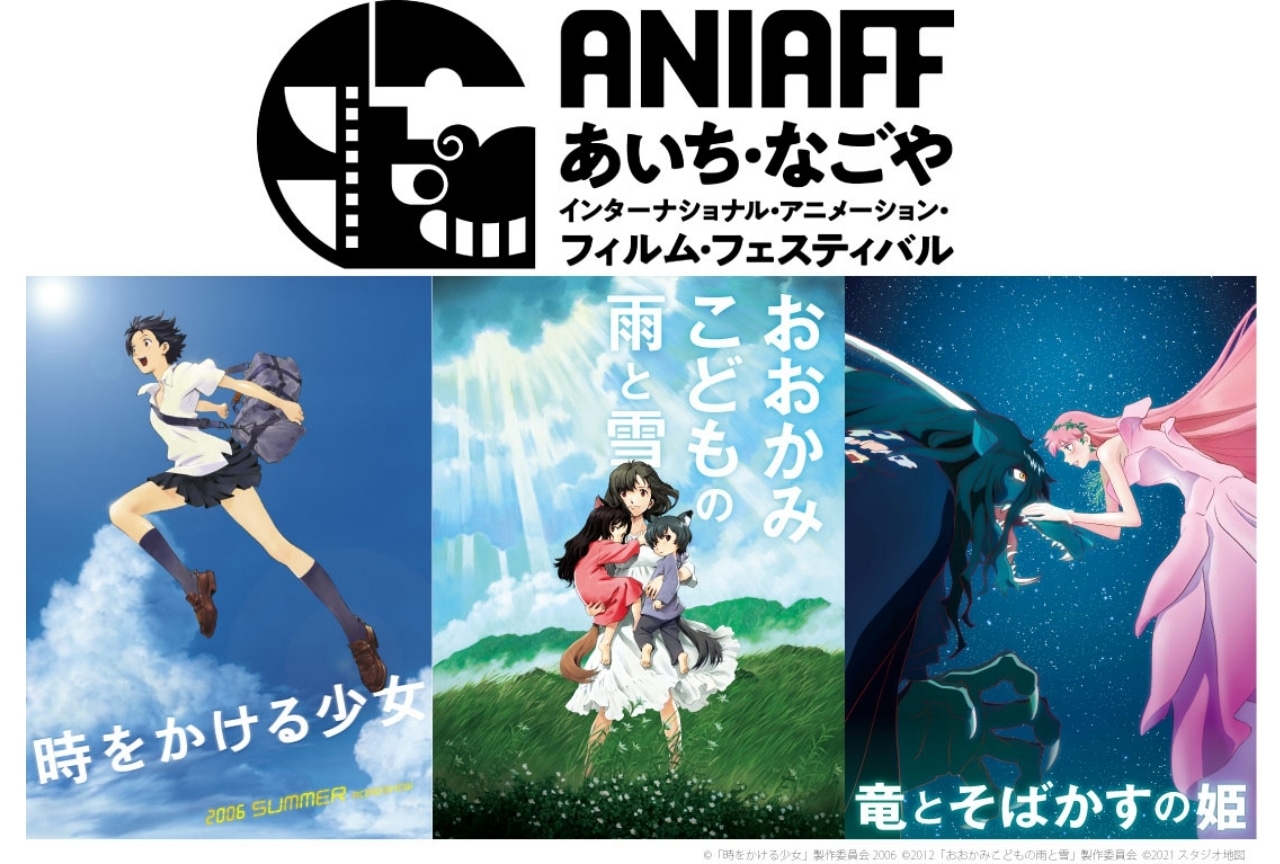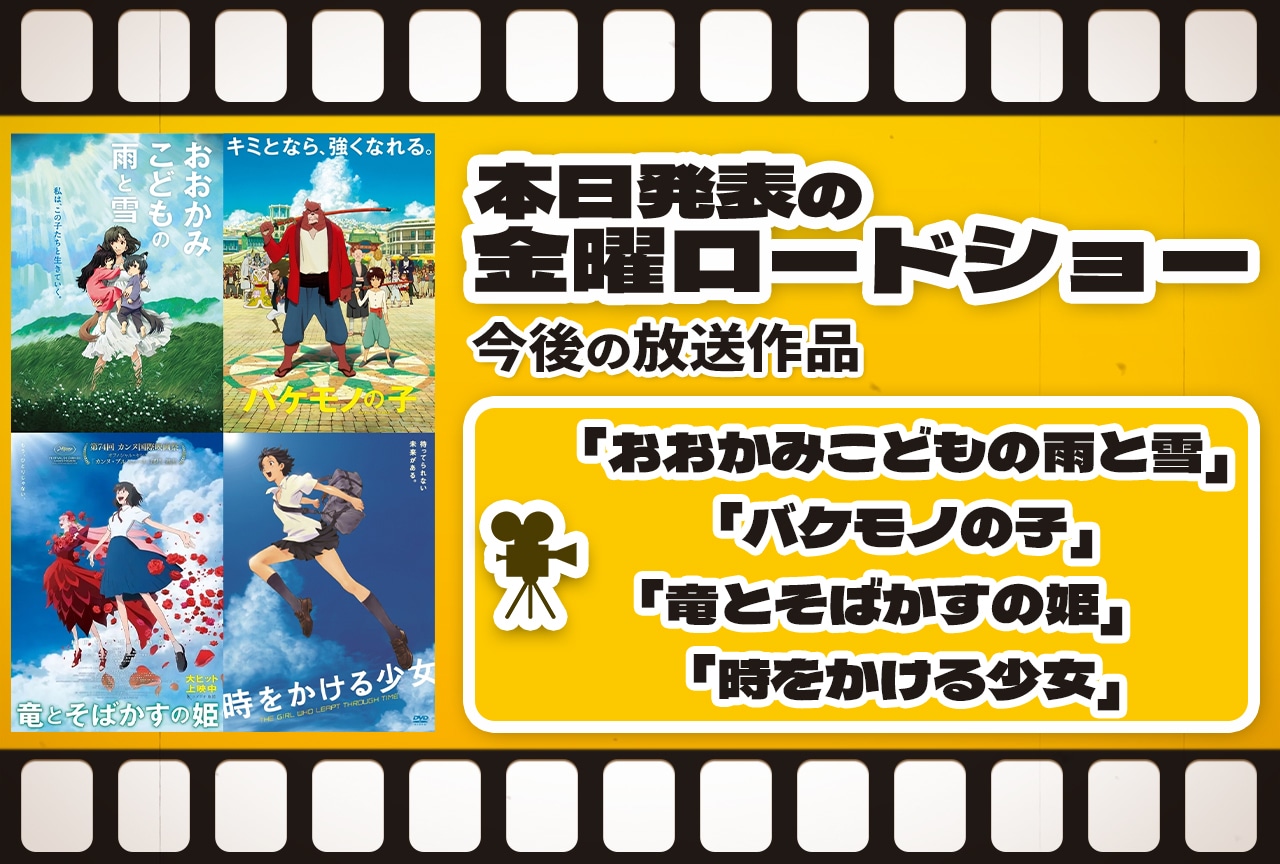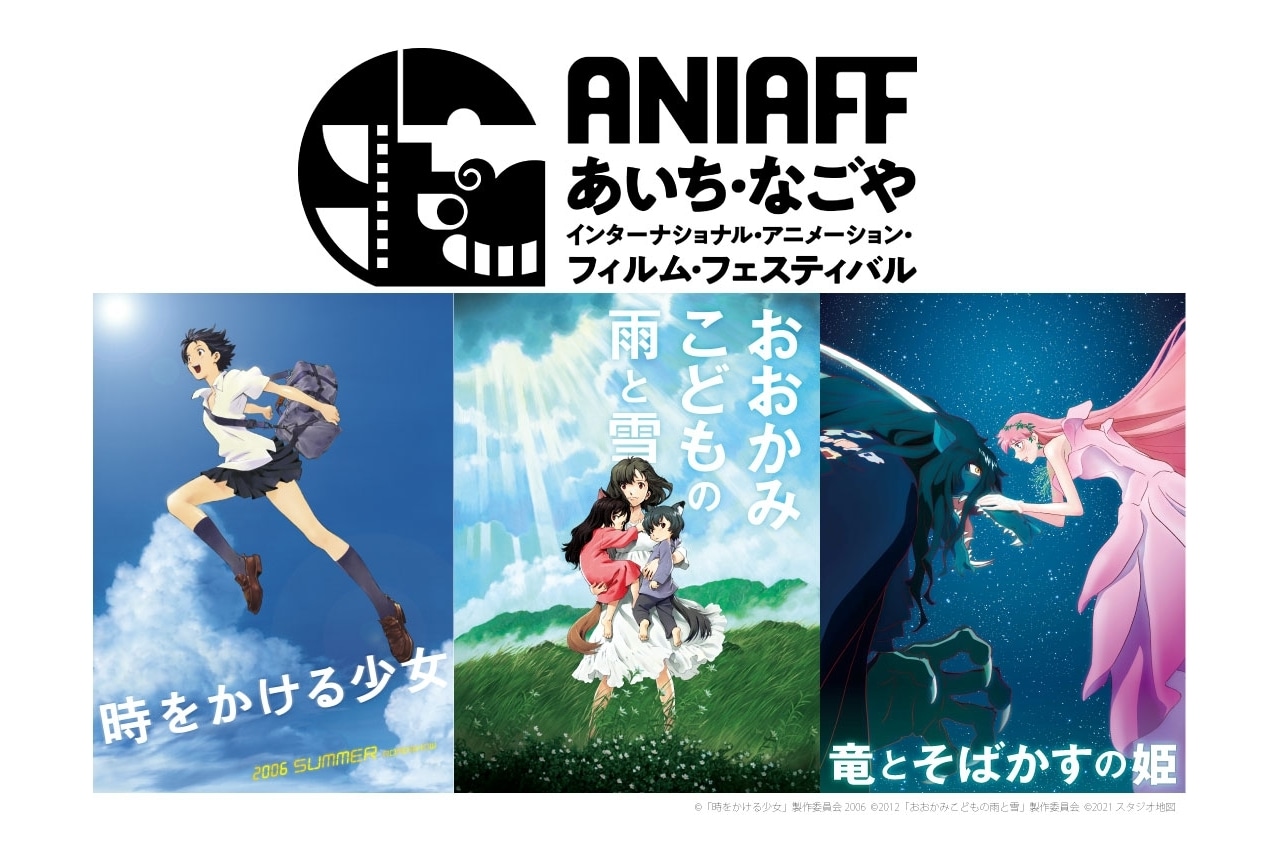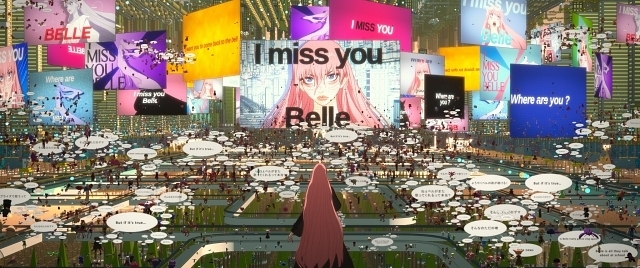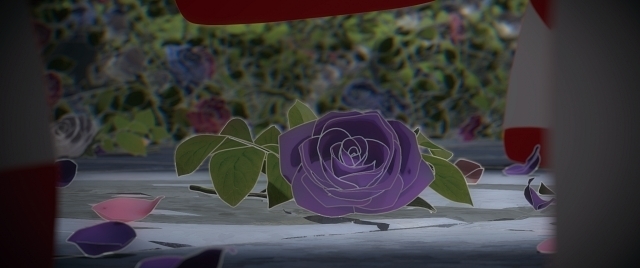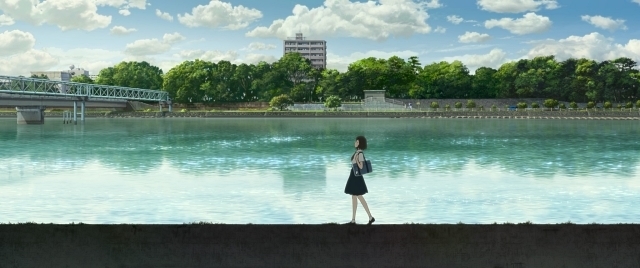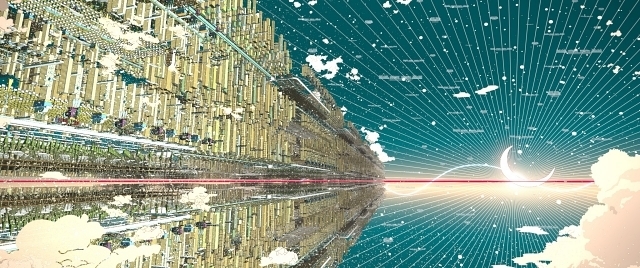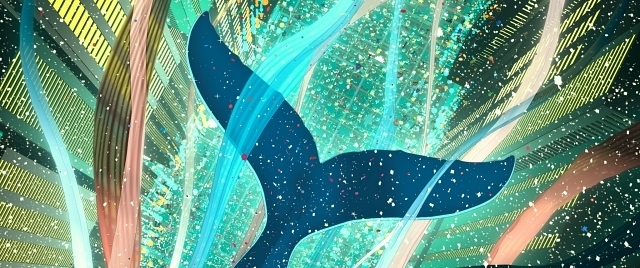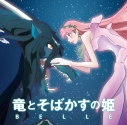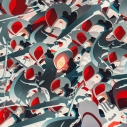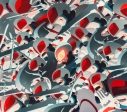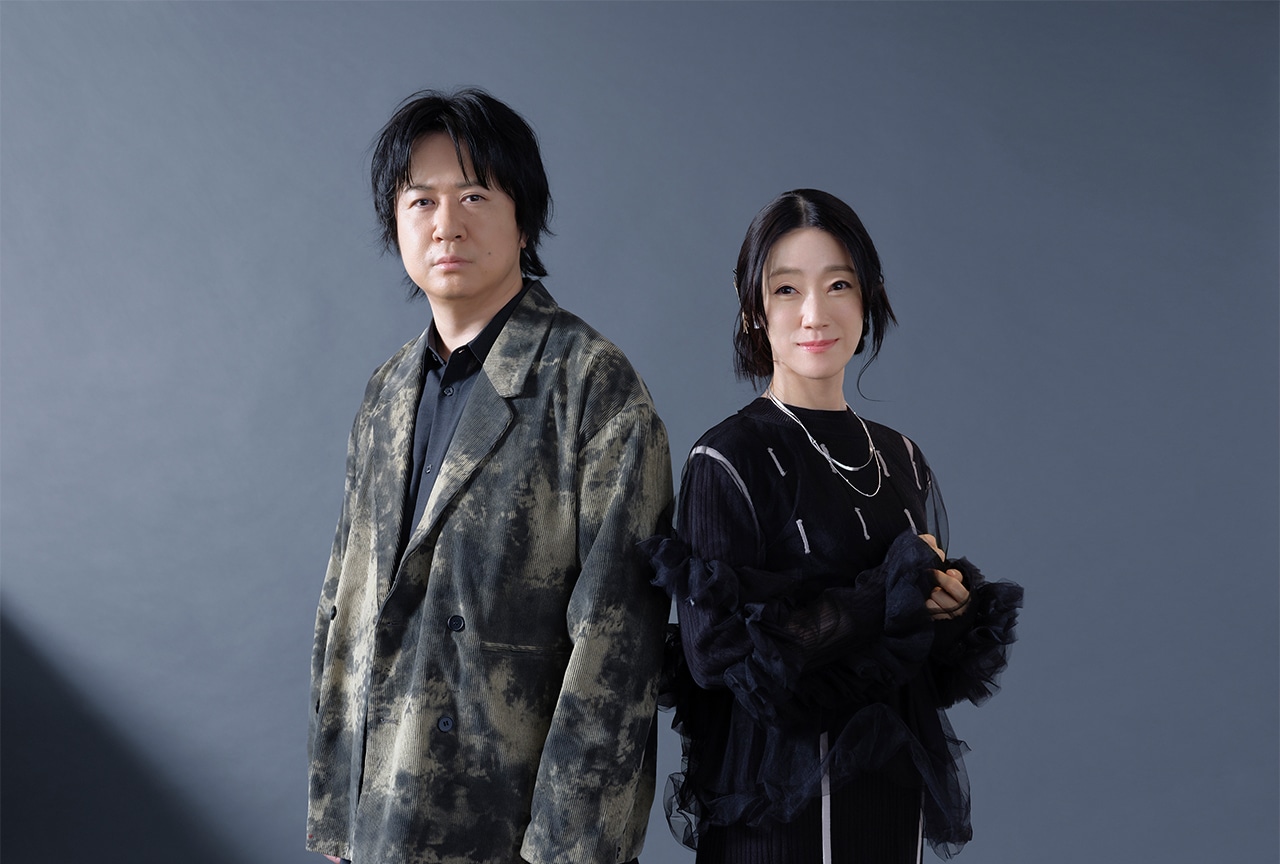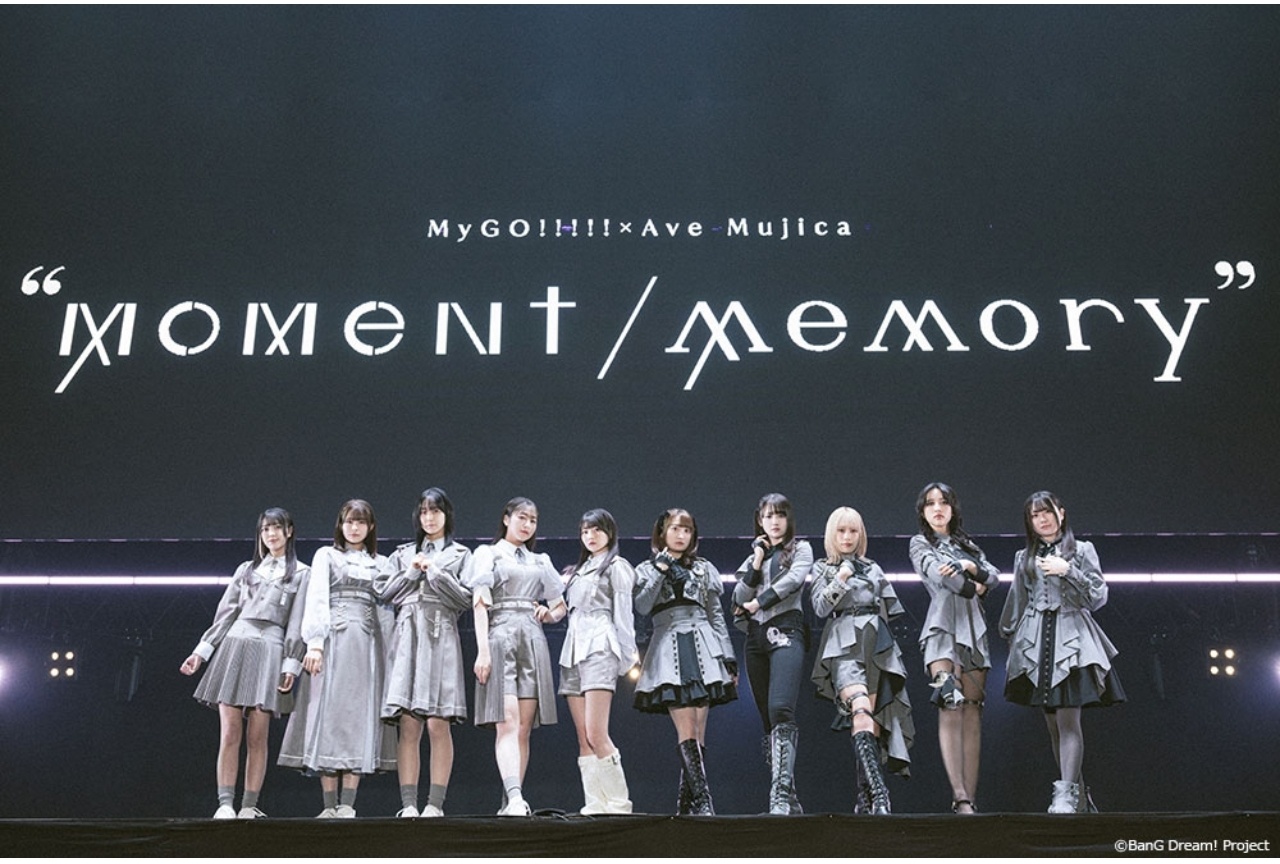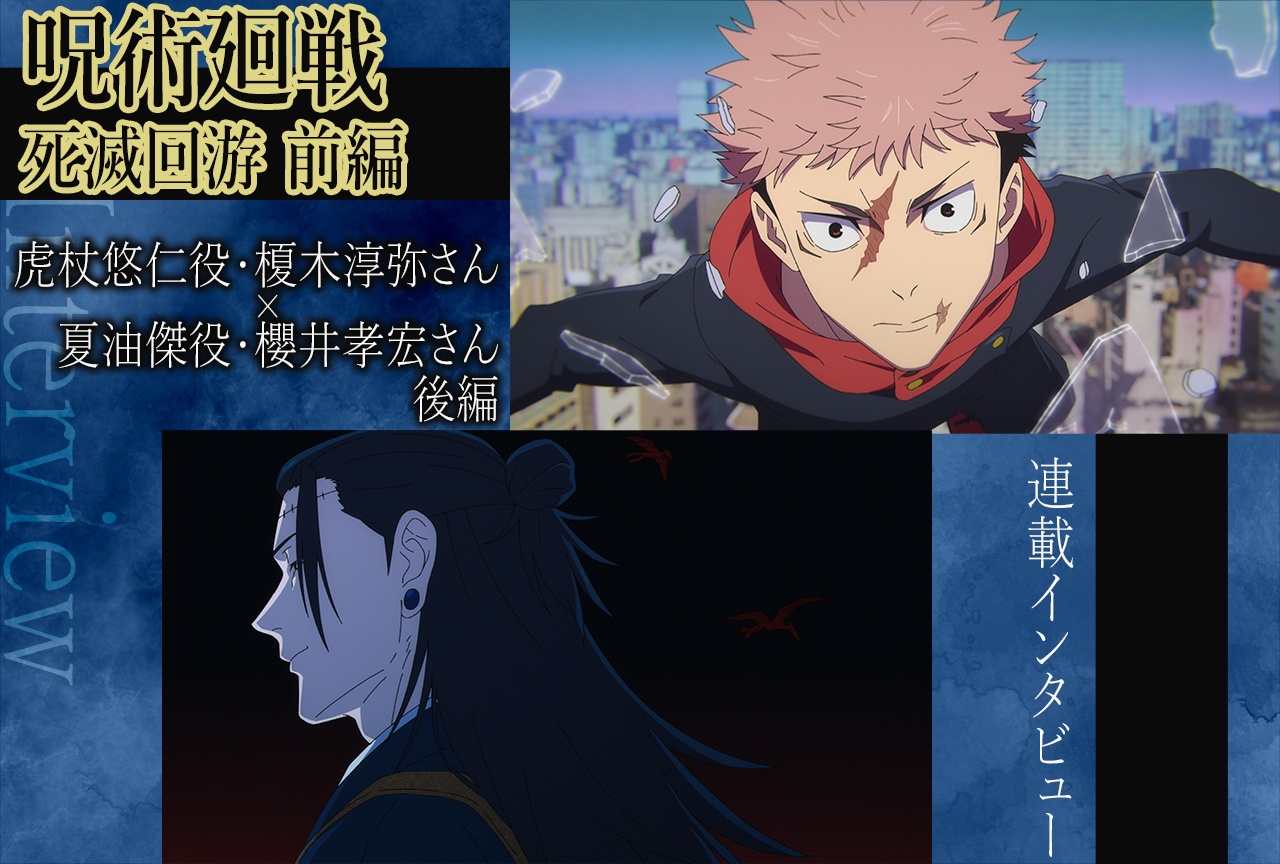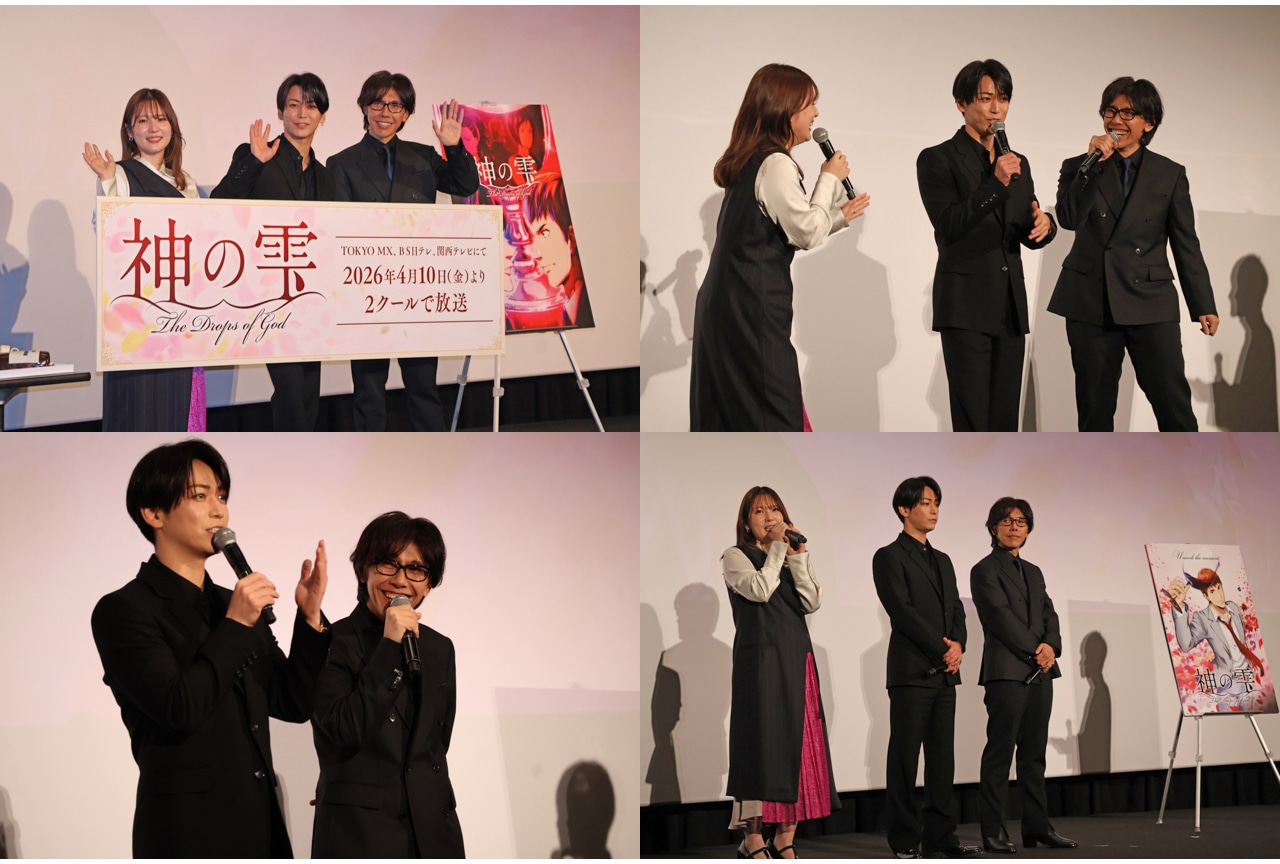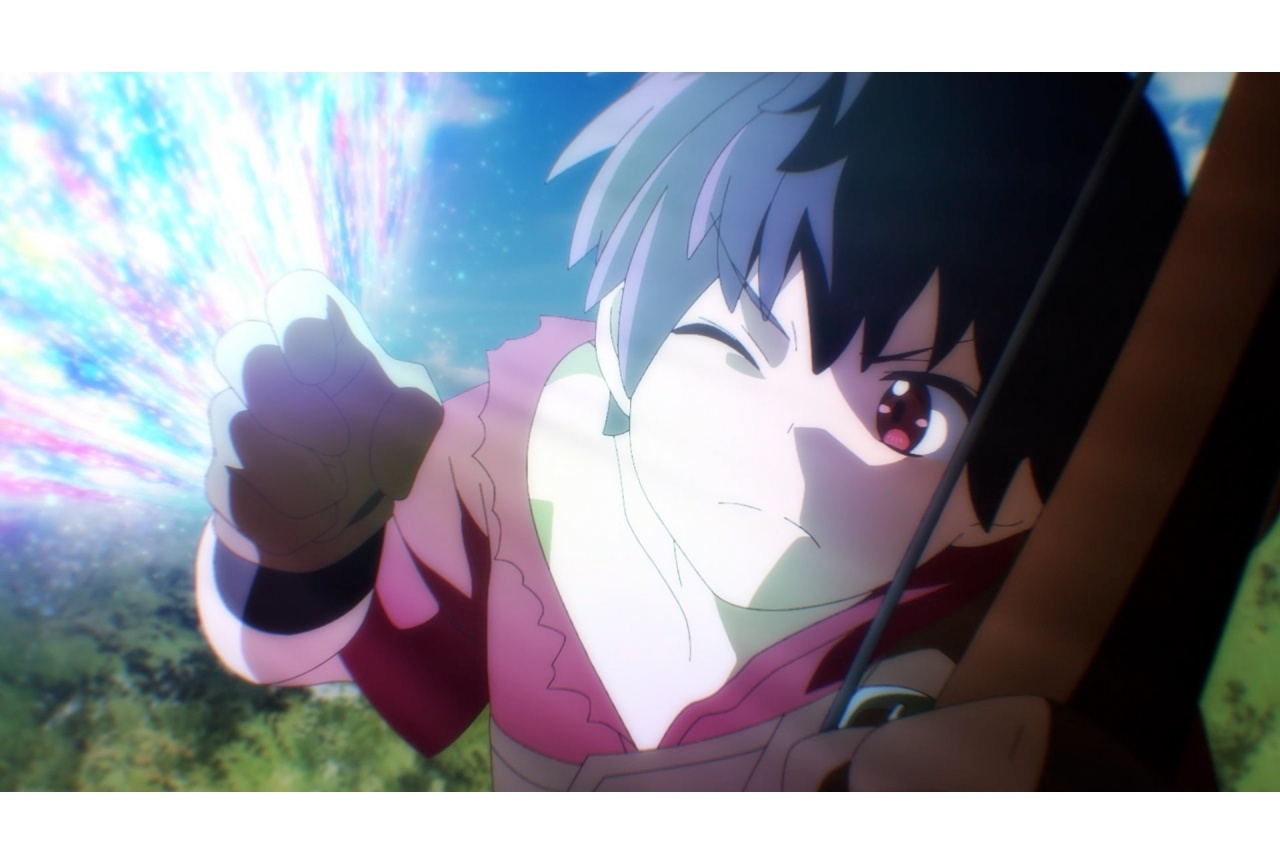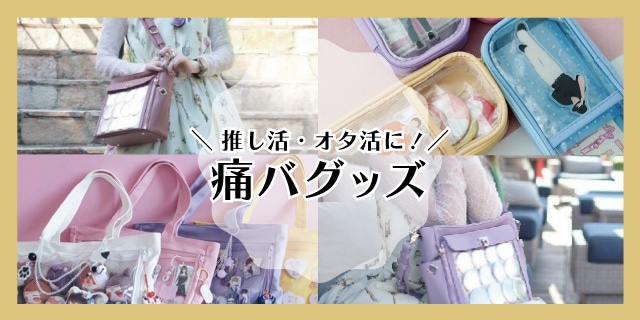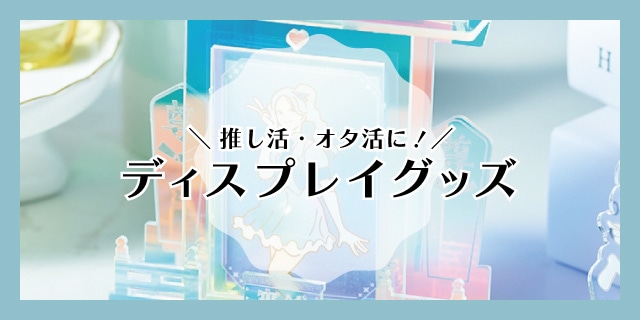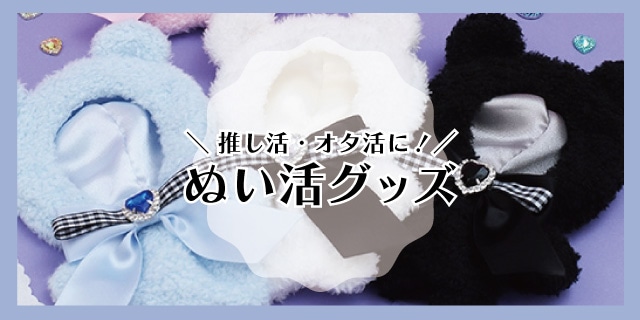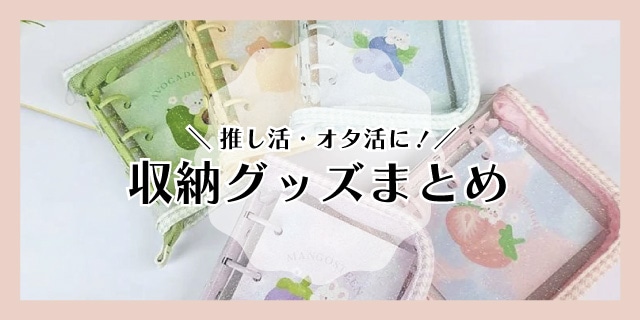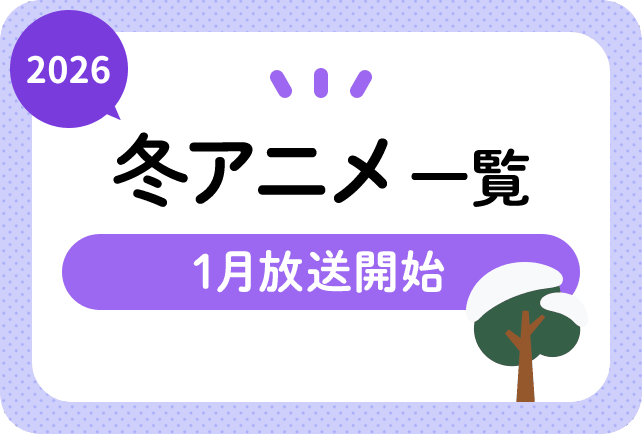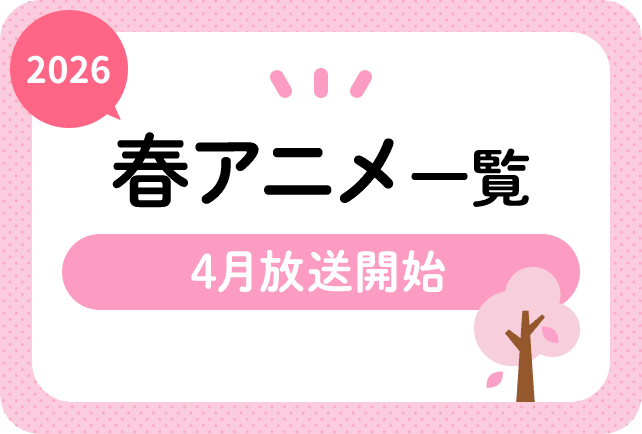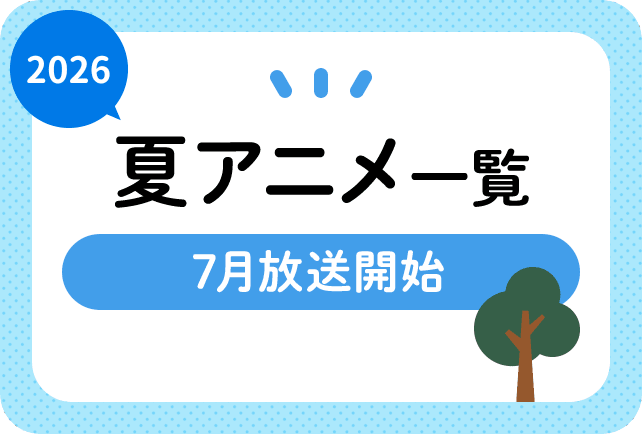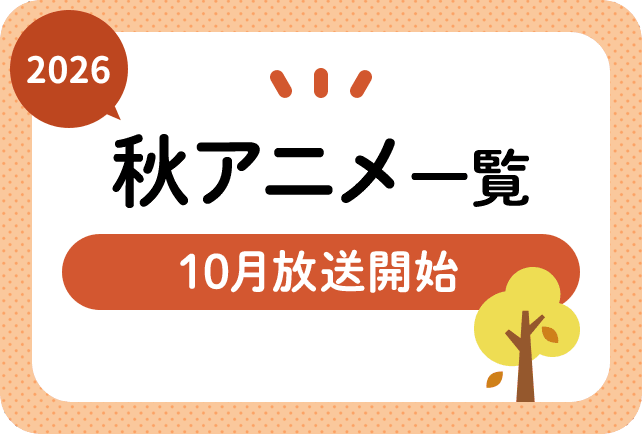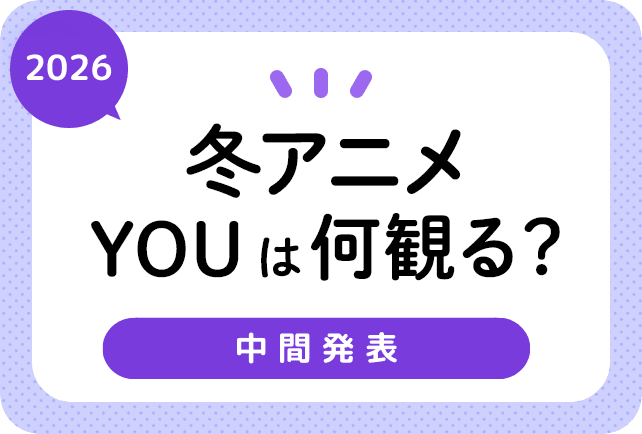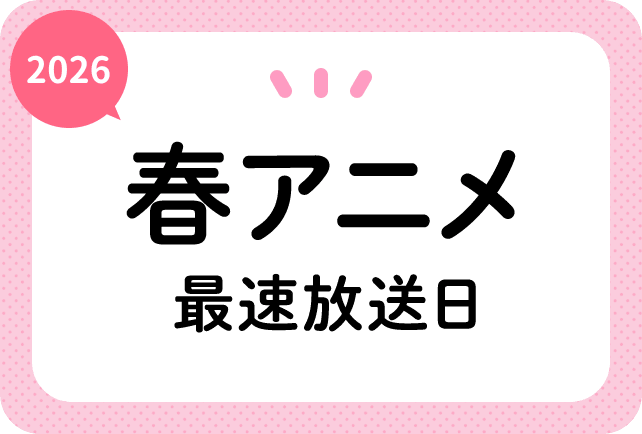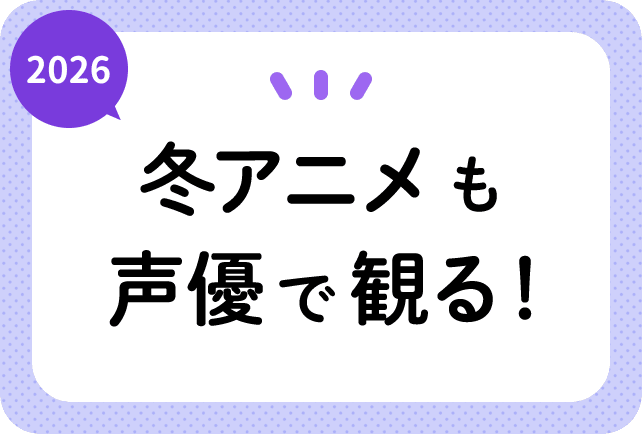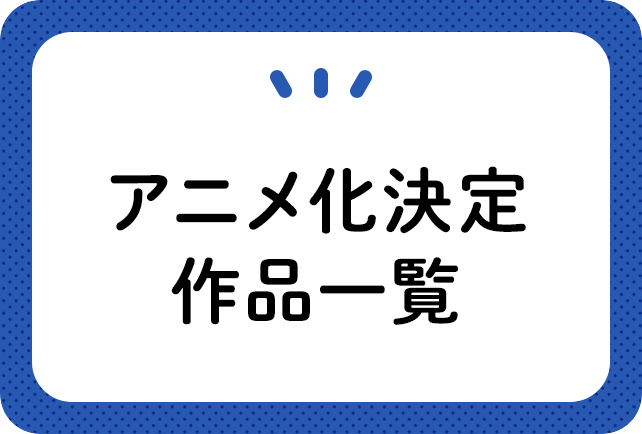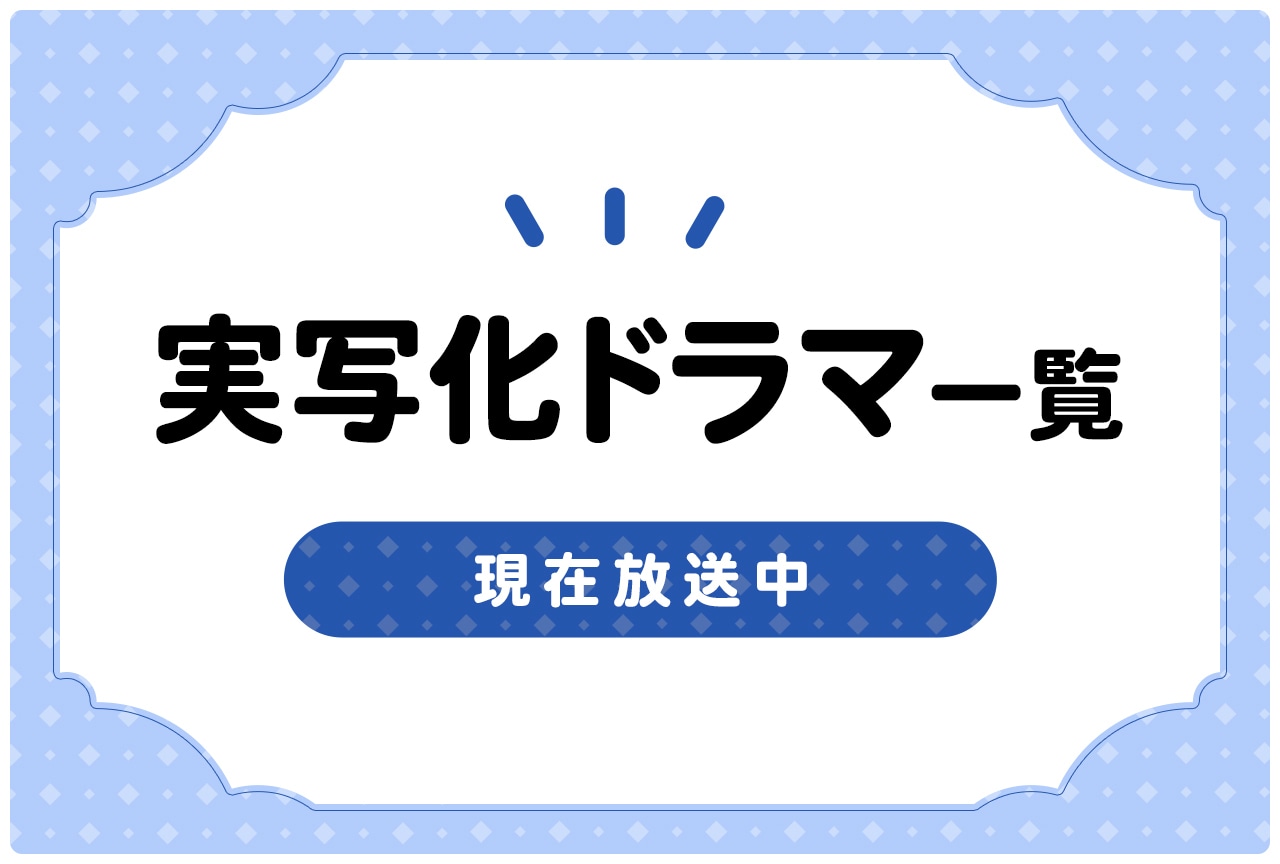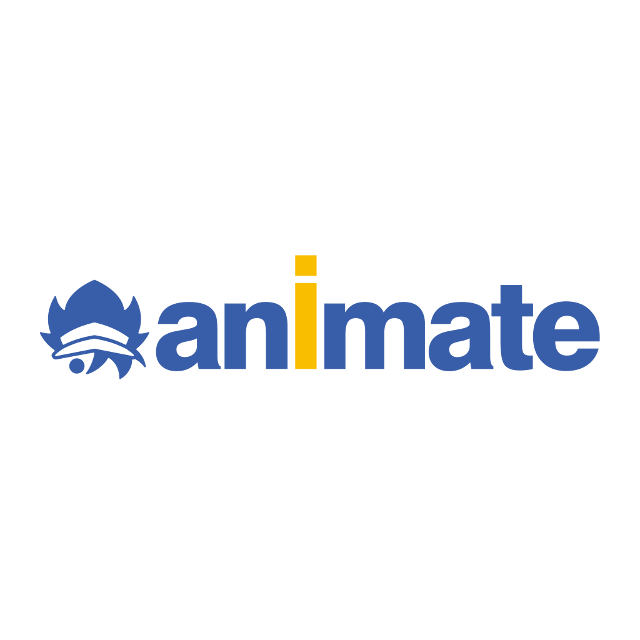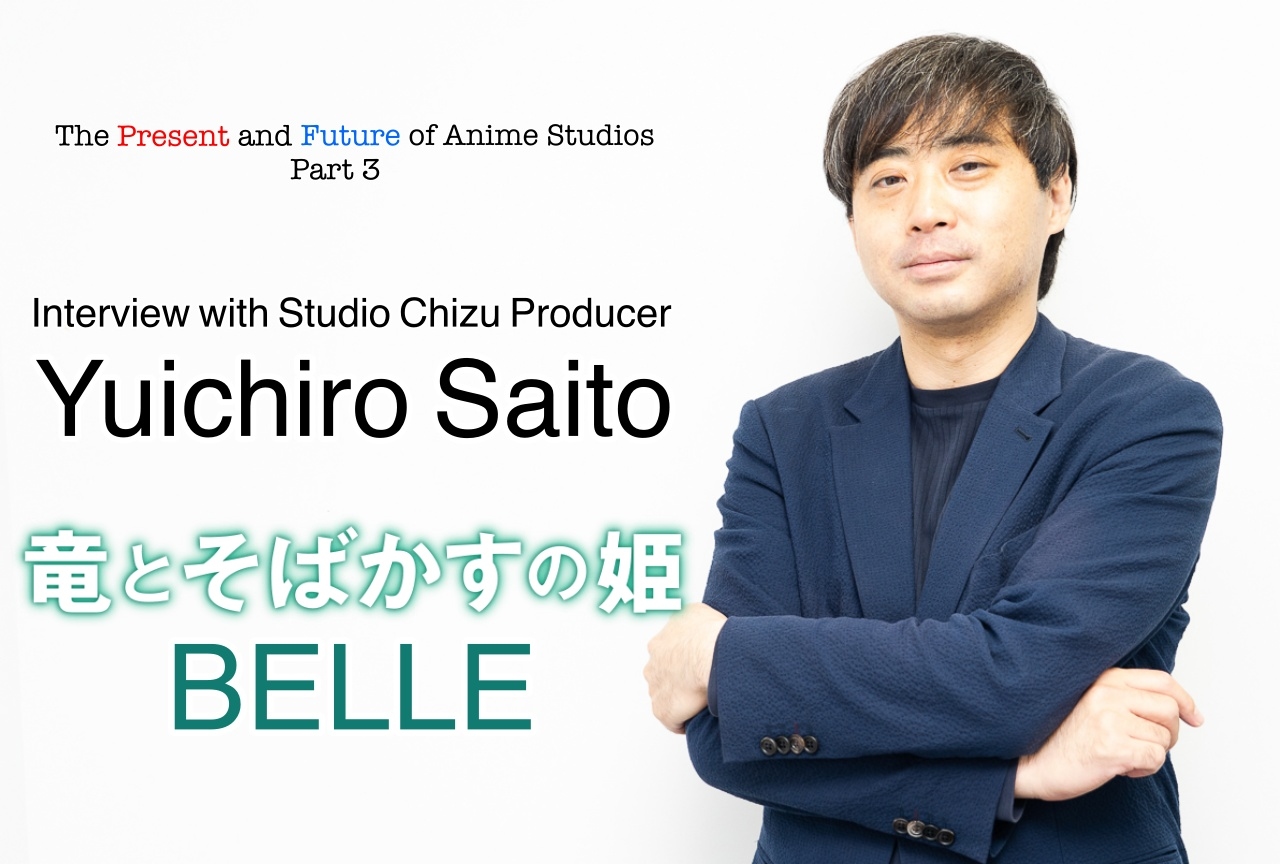
The Present and Future of Anime Studios (Part 3) │Speaking With Studio Chizu’s Yuichiro Saito About What Has and Hasn’t Changed With Animation
Ten Years of Sweeping Change
ーー I asked Hosoda this as well, but how did you make the fictional internet world of U in this film?
Saito: When Hosoda was brainstorming, he interviewed others. One of the interview topics was “What is the future of the internet?”
One of the interviewees was Satoshi Nagata from NTT Docomo, the company that set the standard for 5G. We heard that Nagata is now in the middle of developing 6G. At that time, we were very interested in what he had to say, but the topic of conversation didn't turn to the technological side at all. Nagata is an engineer, so we expected to hear about technology and devices, but that never came up.
What was especially interesting was when Nagata said, "There are things that 5G can't do." When we asked what that was, he said, "Bring humans happiness."
ーー That’s deep…
Saito: He said, "We're engineers and researchers, so we're thinking about what effect this technology will have on society."
For example, there are robots and drones that are controlled remotely with 5G, so someday remote medical procedures can be shared throughout the world.
“The results of new technology change businesses and society, so my job is to suggest how to use it," is what Nagata said.
However, he said that he hadn't found a way to make communication more beneficial with 5G so that it would bring people happiness
Many things are more convenient with 5G. However, "bringing people happiness" is one of the things that hasn't been achieved.
I looked at Nagata and thought that he was more of a social scientist than an engineer. He is making a path for humanity, which moved me quite a bit. Hosoda was also very interested in this topic.
What Hosoda wanted to create was an internet post-2009's Summer Wars to show what was updated and how it’s different from OZ. He didn’t want to disavow that world, but rather he wanted to affirm both the internet and the real world.
ーー Nagata’s talk was quite interesting. Did you do a lot of other interviews?
Saito: We did a lot of interviews, first people that Nagata introduced us to – there were about ten in total, and it was very interesting. We also spoke to body sharing engineering researchers such as Emi Tamaki about the technology that appears in the movie.
ーー These interviews sure supported the theme of the movie.
Saito: This project started before the COVID-19 pandemic, and of course we didn't foresee that the world would undergo such a large shift. Aptly, the movie's themes - to live life, to live with others, to live in harmony, and that you're not alone – are very current.
Recently, I heard from one of my friends in France that theaters and shopping facilities opened for the first time in six months. When I heard that, my first thought was, "They must be struggling financially, so they should be open," but that wasn't the case.
In contrast to Japan, the lockdown in France was very long and arduous, and people couldn't come into contact, which was mentally rough for many and led to many unfortunate incidents. A big thing is that now the rollout of the vaccine is happening, so people's emotions can improve, and not only shopping facilities but movie theaters and other cultural facilities can reopen, or so I heard.
We started planning this project before the pandemic, but I like to think that one of the answers on what to do when the future is unclear lies in BELLE.
ーー Those feelings are sure to be conveyed to the audience. Unfortunately, we're running out of time, so here is my final question. Saito, please tell me what challenge you would like Studio Chizu to take on in the future.
Saito: This is both for me personally and for Studio Chizu, but it might apply to animation studios in general. I think large-scale change needs to happen. We should change in a positive way.
Rather than the demand for a movie or the market demand, the time for a big generational change is coming.
We started Studio Chizu from the temporary position of “Let’s only make Wolf Children," but we’ve been doing it for ten years now, with the spirit of creation at the forefront. It’s necessary to create a new standard for the position and functions of animation studios. Even if we change now, another thing that needs to change will pop out in five or ten years.
Movies reflect the current times, as movies themselves are modern. If the times change, then we need to too. In a massive way.
If Studio Chizu can continue for another five or ten years, then I think these should be ten years of sweeping changes.
[Interview by Yuu Ishibashi]




